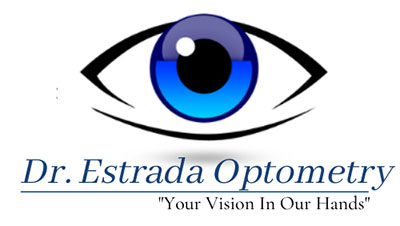The foods and vitamins you consume affect your body’s overall health, including your eyes. With a healthy diet and lifestyle, the likelihood of developing some eye diseases and health disorders dramatically decreases. With a few simple steps, your body will thank you later!
Eating Healthy Foods
One of the best things you can do is choose foods rich in antioxidants and vitamins. An easy trick to remember is dark green or brightly colored fruits and vegetables are the go-to foods. Not only will they impact your overall health, but they will help to reduce the chances of developing eye diseases such as dry eyes and cataracts.
Another trick is to look for different versions of your favorite snacks. Instead of foods that are high in sugar or made from white flour, look for sugar-free foods and whole-grain alternatives. Healthy fats such as salmon and nuts are high in omega-3, which helps with your eye health.
Hydration
Water is one of the best drinks that you can choose, so drink plenty of it! Stay away from sugary drinks because proper hydration helps to reduce dry eye symptoms.
Nutrients
Nutrients are essential to your overall health. If you find yourself not getting the amounts needed daily, look into taking supplements to ensure you receive the proper amount. The following nutrients can help reduce your risk for many eye related issues!
Aging Eyes
Your eyes will change as you age, so it’s essential to take all factors into consideration on how to keep your eyes healthy. One of the most important things is to protect your eyes from the sun’s ultraviolet rays. By wearing sunglasses with built-in UV protection, you can help prevent your eyes from developing cataracts and macular degeneration.
Eating lean beef in moderation can also boost your eye health. Beef contains zinc, which helps your body absorb vitamins and may play a role in reducing the risk of advanced age-related macular degeneration.
Another habit you should start is leaving the cigarettes behind. Not only is smoking harmful to your overall health, but it increases the chances of developing eye diseases.
Finally, one of the easiest things you can do is schedule an annual eye exam to detect any eye diseases as early as possible. Many eye conditions start without symptoms, so it’s crucial to have a professional take a look. Call us today to learn more!
